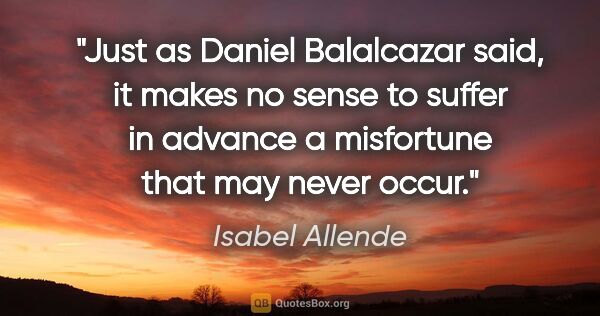May Quotes (page 115)
Michael Pollan: "The industrialization--and dehumanization--of American animal farming is a relatively new, evitable, and local phenomenon: no other country raises and slaughters its food animals quite as intensively or as brutally as we do."U.S. consumers may take our pick of reasons to be wary of the resulting product: growth hormones, antibiotic-resistant bacteria, unhealthy cholesterol composition, deadly E. coli strains, fuel consumption, concentration of manure into toxic waste lagoons,...
Barbara Kingsolver
Like no one else,' I told him in a letter written at the end of July, 'you share that part of my mind that associates itself mostly with ideal things and places....The impression thinking about you gives me is very closely linked with that given me by a lonely hillside or a sunny afternoon or wind on the moorlands or rich music...or books that have meant more to me than I can explain, or the smell of the earth after a shower or the calmness of the sky at sunset....This is grand, but still it...
Vera Brittain

Yet from whom has not that rude hand rent away some dear connexion; and why should I describe a sorrow which all have felt, and must feel? The time at length arrives, when grief is rather an indulgence than a necessity; and the smile that plays upon the lips, although it may be deemed a sacrilege, is not banished.
Mary Wollstonecraft Shelley

Let me think!' said Aragorn. 'And now may I make a right choice, and change the evil fate of this unhappy day!' He stood silent for a moment. 'I will follow the Orcs,' he said at last. 'I would have guided Frodo to Mordor and gone with him to the end but if I seek him now in the wilderness, I must abandon the captives to torment and death. My heart speaks clearly at last: the fate of the Bearer is in my hands no longer. The Company has played its part. Yet we that remain cannot forsake our...
J. R. R. Tolkien
The bright image projections of the Sophoclean hero--in short, the Apollinian aspect of the mask--are necessary effects of a glance into the inside and terrors of nature; as it were, luminous spots to cure eyes damaged by gruesome night. Only in this sense may we believe that we properly comprehend the serious and important concept of "Greek cheerfulness." The misunderstanding of this concept as cheerfulness in a state of unendangered comfort is, of course, encountered everywhere today.
Friedrich Nietzsche
Crocodiles, you will say, are stationary. Mr. Waterton tells me that the crocodile does not change,—that a cayman, in fact, or an alligator, is just as good for riding upon as he was in the time of the Pharaohs. That may be; but the reason is that the crocodile does not live fast—he is a slow coach. I believe it is generally understood among naturalists that the crocodile is a blockhead. It is my own impression that the Pharaohs were also blockheads.
Thomas de Quincey
